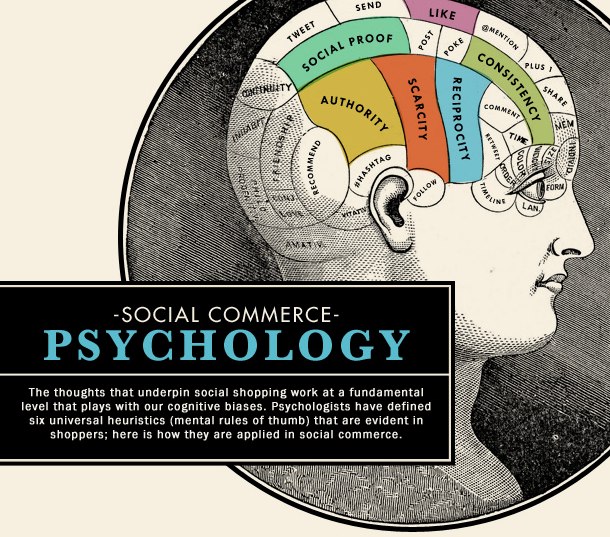
Thanks to June, Tiffany and Laura of the Coca-Cola Singapore team, I was invited to the cosy 126th birthday party for Coca-Cola held at the Dallas Restaurant and Bar at Boat Quay. As a marketer and a publicist, I’ve always admired how the world’s largest beverage company continually reinvented its flagship Coca-Cola brand despite having such a long heritage. It was fascinating to see how the brand associates itself with values such as fun, happiness and enjoyment through activities that resonate with its customers.
At the thematic party adorned with Coca-Cola’s unmistakeable reds and whites, I learned how the company continually innovated its marketing and PR efforts. Other than traditional advertising on mainstream channels, Coke experimented successfully with guerrilla marketing, emotional marketing, buzz and viral marketing, co-branding, sponsorship (Coke has sponsored the Olympics movement for 84 years in total!) as well as immersive experience rich events and showcases (such as the party itself). The company further embraced its role as a corporate citizen by sponsoring and encouraging sustainable and civic-minded practices such as recycling and caring for the less fortunate.










